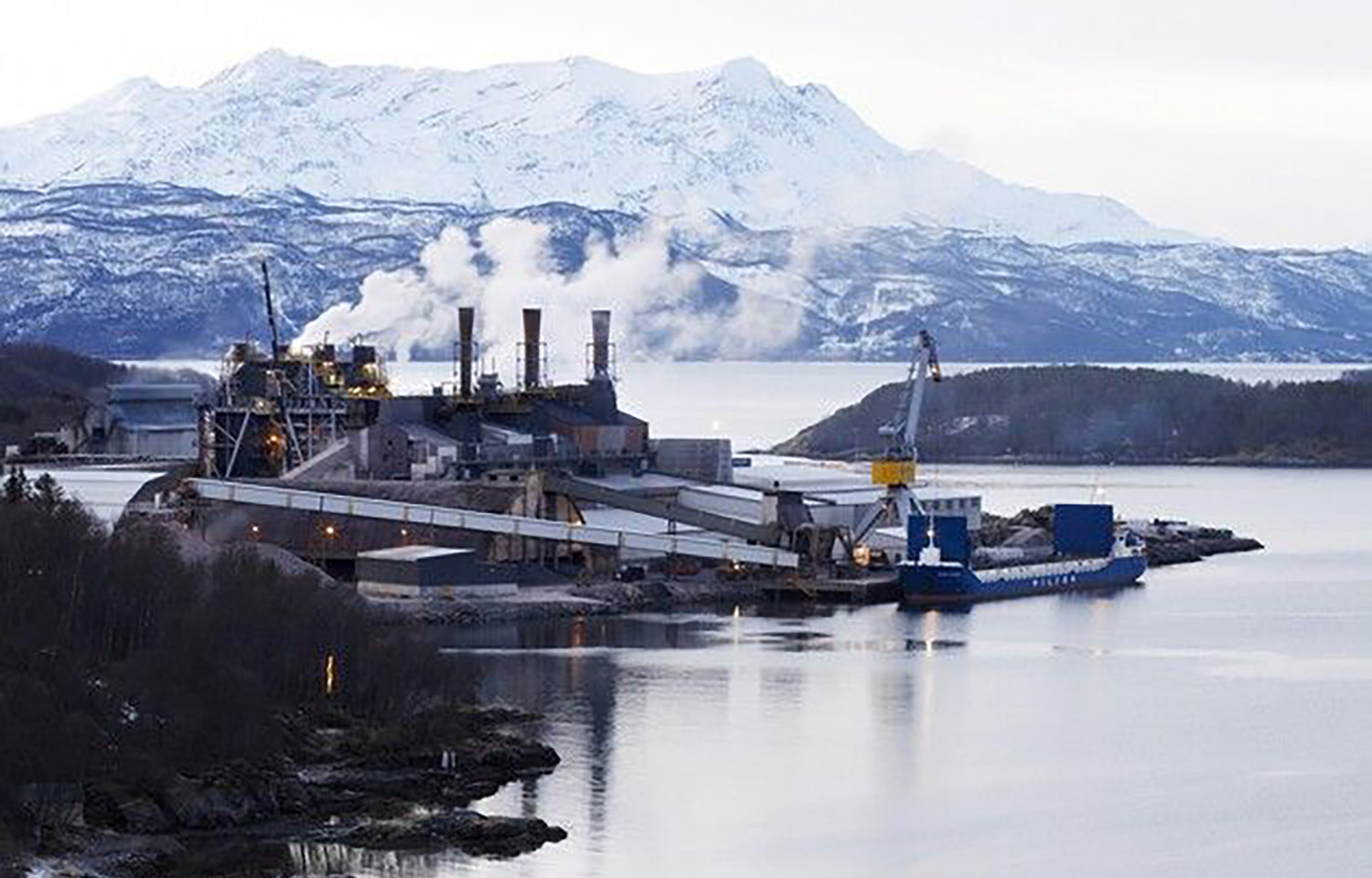Ateam of European research organizations has partnered with companies within the steel and aquaculture industries to study the potential microalgae may have to harness carbon dioxide.
The project is a joint effort from Finnfjord, a Norwegian steel industry alloy producer; Nofima, the Norwegian Institute of Food, Fisheries, and Aquaculture Research; UiT – The Arctic University of Norway; and SINTEF, an independent European research organization.
The goal is twofold: capture Finnfjord’s carbon emissions, which amount to 300,000 tons a year, in algae that is then used to replace marine oils in salmon feed.
“Microalgae can grow quickly and produce more of the healthy omega-3 fatty acids when cultivated in large reactors at Finnfjord. This makes them particularly interesting as a feed ingredient,” Nofima Senior Scientist Sten Siikavuopio said.
Finnfjord cultivates its algae in large tanks next to its plant’s smelter, allowing the production’s CO2 emissions to feed the growing algae, which photosynthesize CO2 through tiny organisms called diatoms.
Researchers at the University of California Santa Cruz have also been studying the use of microalgae in place of marine oils in fish feed, though that team’s analysis found that fish like tilapia are better supported by vegetarian fish feed than naturally meat-eating fish like salmon or trout.
Siikavuopio, however, said that while the work was technically challenging, his lab had produced good results, even in salmon-farming operations.
“The salmon grow well on the algae feed and are in good health,” he said.
Currently, Siikavuopio said that his team is studying how much of the Finnfjord algae salmon can tolerate and still maintain their health.
While other similar studies have only used 3 percent microalgae in fish feed, Siikavuopio said that his team was studying the inclusion of 15 percent microalgae.
“Trials so far show that the fish grow and thrive very well with a high inclusion of algae in the feed,” he said.
Siikavuopio’s team has also discovered an unexpected benefit to the use of the Finnfjord algae in its feed: a reduction in sea lice infections.
In a release about the research, Nofima said that the lab had found that the salmon produced with the Finnfjord algae feed was both edible and identical to other salmon.
Only a tiny fraction of the world’s many microalgae have so far been considered for their potential in aquaculture feed, but that is likely to change, Siikavuopio said.
“There will likely be more work testing different types of algae and optimizing the processes both for cultivating the algae and using the marine oil in fish feed,” he said.
Source - https://www.seafoodsource.com













